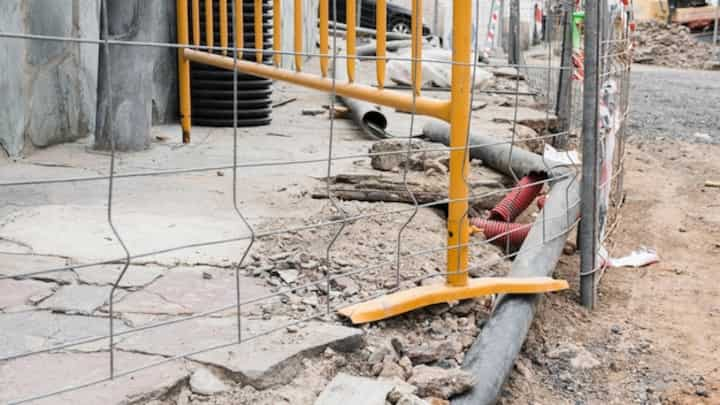
Enhance Your Project with Expert Soil Stabilization Services
Soil stabilization is a critical component of construction and infrastructure projects, ensuring the longevity and reliability of structures. By enhancing the physical properties of the soil, this process helps prevent issues such as erosion, settlement, and instability. Engaging expert soil stabilization services can significantly impact the success of a project, whether it involves road construction, building foundations, or landscaping. This article delves into the importance of professional soil stabilization services and how they can elevate the quality and durability of your projects.
Understanding Soil Stabilization
Soil stabilization involves altering the properties of soil to improve its strength and durability. The process can include mechanical, chemical, or biological methods to achieve the desired outcomes. The primary objective is to enhance the load-bearing capabilities of soil, reduce its permeability, and increase its resistance to environmental factors.
Mechanical Stabilization
Mechanical stabilization involves physically altering the soil structure. This can be achieved by:
- Compaction: Compressing soil particles to reduce void spaces and increase density.
- Reinforcement: Incorporating materials such as geotextiles or geogrids to improve soil strength.
Chemical Stabilization
Chemical stabilization employs additives to alter soil properties. Common materials used include:
- Lime: Enhances soil strength by promoting chemical reactions that solidify soil particles.
- Cement: Provides cohesion among soil particles, increasing load-bearing capacity.
- Fly Ash: A byproduct of coal combustion that reacts with soil to improve stability.
Biological Stabilization
This method utilizes natural processes, such as planting vegetation, to stabilize soil. The roots of plants can hold soil together, reducing erosion and improving soil structure.
Benefits of Expert Soil Stabilization Services
Engaging professional soil stabilization services offers numerous advantages:
- Improved Safety: Well-stabilized soil prevents structural failures and enhances the safety of construction projects.
- Cost Efficiency: By preventing erosion and settlement, soil stabilization reduces the need for future maintenance and repairs.
- Environmental Protection: Stabilization methods can minimize soil erosion and runoff, protecting nearby ecosystems.
For more on the importance of these methods, read more about this topic.
Applications of Soil Stabilization
Soil stabilization is vital across various sectors, including:
Transportation Infrastructure
In road construction, soil stabilization ensures a stable base for pavements, reducing maintenance costs and prolonging road life. This is especially important in areas with heavy traffic loads.
Building Foundation
Stabilizing the soil beneath building foundations is crucial for preventing uneven settlement, which can lead to structural damage. Learn more about the significance of foundation underpinning in this detailed guide.
Environmental Restoration
Stabilization techniques are employed in environmental projects to rehabilitate degraded lands and restore ecosystems. Vegetative stabilization, for instance, helps control erosion and promotes habitat restoration.
Choosing the Right Soil Stabilization Technique
Selecting the appropriate stabilization method depends on several factors:
- Soil Type: Different soils respond differently to stabilization methods. Understanding soil composition is essential for selecting the right technique.
- Project Requirements: Consider the specific needs of the project, such as load-bearing capacity and environmental conditions.
- Cost and Resources: Budget constraints and material availability can influence the choice of stabilization technique.
Explore further insights on choosing the best technique for your project here.
Conclusion
Incorporating expert soil stabilization services into construction and infrastructure projects is crucial for ensuring long-term success and sustainability. By understanding the different stabilization methods and their applications, project managers can make informed decisions that enhance safety, cost-efficiency, and environmental protection. Find additional information here to optimize your projects with professional soil stabilization techniques.